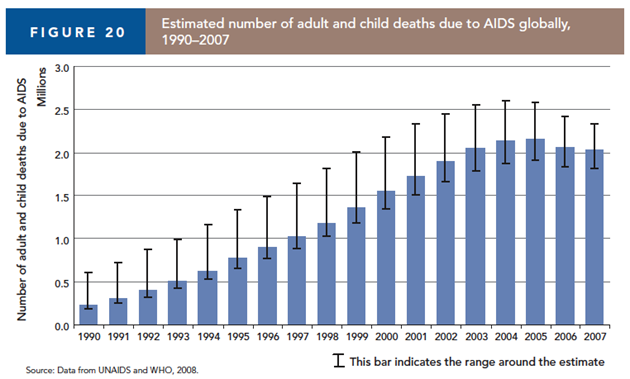プロダクト(RED)のCEOがグッチやらエルメスやらを一押ししているFTの記事の紹介に引き続き、NGOにおける金の流れに関する記事:
Secret NGO Budgets: Publish what you spend
Out of twelve NGOs that it asked to publicize the budgets of their ongoing projects, only one (Oxfam GB) complied.
グルジアとロシアでの45億ドルにも及ぶ人道的・復興支援の行方を追跡しようとしたところ、予算の公開に応じたのは12のNGOのうちOxfamだけだったという。これはNPO/NGOがドナーの信頼によって成り立っていることを考えると不思議なことだ。顧客たるドナーは自分たちが対価を支払って依頼している事業が適正に行われているかを観察できない。利益を配分しないというのも信頼を保持するための手段だ。信頼を得られない団体は支持=寄付を得られず存続できない。
In an unusual display of interagency coordination, ten NGOs convened a meeting and wrote a joint letter to TI Georgia, arguing that they were unable to share their budgets at short notice as “there are a number of legal and contractual implications involved with donors, head office and other stakeholders which will take time to resolve.”
その辺りはNGO側も認識しているようで、10のNGOは共同で予算を開示出来ない旨のレターを送ってきたという。普段見られないほどの協調行動がこんなところで現れるというのは皮肉なものだ。確かにみんなが開示できないのであればダメージは少ない。
USAID informed me that it needed the consent of the NGOs to release this data as it might contain “confidential commercial information,” thereby closing the opacity loop: first NGOs had blamed donors for not being able to release budgets, and now the biggest donor was passing the buck back to NGOs.
寄付の多くを負担する政府機関へ情報公開を迫っても、NGOの同意が必要だと言って断られる。NGOは政府の機関ではないので全ての情報を要求出来ないということだ(これは政府が外部委託を行うことで情報公開を阻むのと同じ構造だ)。NGOはドナーのせいにし、公的機関であるドナーはNGOのせいにする。よってどこからも情報が見えないループが完成する。NGOの資金の流れが分からないだけでなく、援助国での政府のお金の使い方まで不透明になる。
“We finally got the district government to post its budget in the mayor’s office, where everybody can see it,” he proudly told me. When I suggested that he post his own project’s budget in his office, he recoiled. “This is an experimental project, so the overheads are very high,” he replied. “So it would be very difficult to explain.”
文中のこのエピソードは面白い。援助先の地方政府に予算を開示させたのが最大の業績と語るNGOが自分たちの予算の開示を渋る。援助を行う側にとっても援助を受ける側にとってもこのような不透明性は是正しなければいけない課題だ。


